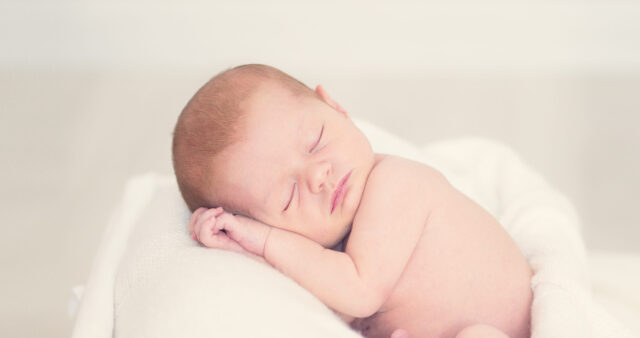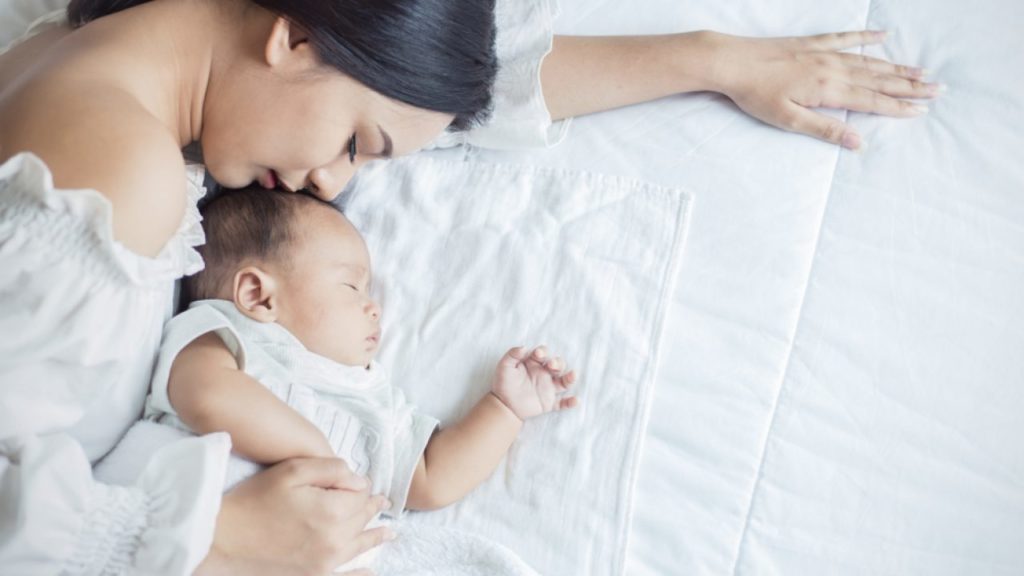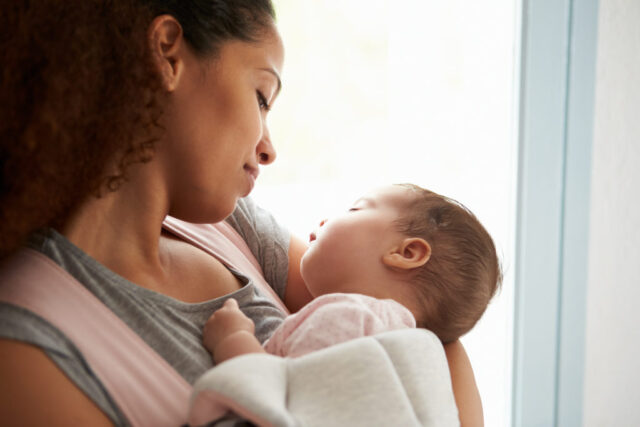
According to the United Nations report, an approximate amount of 130 million babies are born each day all over the world. That means that approximately 130 Million mothers have gone through labor pain, took long breaths, and heard their partner saying, “Everything’s Going to Be Alright!” The feeling of having a child inside your womb for 36 weeks is mesmerizing.
The moment you see those cute little fingers of your newborn, all the pain just fades away. The child comes near their mother, and a new journey starts. But what after this? What’s there to be experienced in the aftermath? Then comes the time that is known as “Postpartum.”
The Postpartum Period refers to the first six-week period after childbirth. Postpartum is a period of adjustments and healing for a mother. Your (mother’s) body regains its original image of the pre-pregnancy state. Some responsibilities are added over to your shoulders.
Both of you learn how to take care of the newborn, and on the way, you learn how to function as an evolved family unit. The most important aspect of health is the care of yourself. So after consulting many experts, we have made a list of things that will help you take good care of yourself after giving birth.
Adjustments to The Motherhood

1. Get Some Rest
The most important thing that all the Gynecologists will state to you after pregnancy is to get rest as much as possible. Try to get the maximum amount of sleep to cope with regular fatigue. A newborn baby has a sleep time of over 3 hours.
After every 3 hours, they need to be fed, comforted, and sometimes the change of diapers is necessary also. Your first baby might cause some difficulties to you.
All the exhaustion will be new to you. Try sleeping when your baby sleeps. These may happen in a timeframe of 2-3 minutes but take advantage of it. Don’t take all upon yourself in the first few weeks. Try to use the help of someone like a neighbor or relatives. Ask them to make meals and run household errands.
2. Eat Healthily
Try to maintain a healthy diet, which increases the rate of healing. Whole grains, fruits and vegetables, and most importantly, protein add extra fluid intake, which helps to gain energy if you are breastfeeding.
Take dairy products which increase the level of calcium and strengthen your bones. Make a plan for your diet. Prevent a sudden decrease in the pregnancy weight from dieting, which can cause distress.
3. Exercise
Consult your doctor when it is a good time to start exercising on a brief level. Take a walk near your home. Change in the environment can refresh your mind. Climb on stairs as low as possible. Prevent lifting heavy items for the first four weeks. Always stay hydrated as much as possible. You can check the bfgmuscle.com for the guides on how to loose the weight.
Body Changes

1. Take care of your mental health
While you maintain proper physical imbalance, there is mental health also, which is also to be taken care of. Baby Blues or Postpartum Depression is common among new mothers.
The feeling of guilt, incompleteness, and lack of interest in day-to-day activities is experienced by almost every mother in her first two weeks, which is called “Baby Blues.” If this lasts more than two weeks than it is a case of “Postpartum Depression.” Try to spend more time with your partner. You can consult a doctor, along with your partner as a couple to eradicate the problem.
2. Swelling of the Breasts
Breast engorgement is another important function that occurs in your body. The milk will start to fill up in days. Along with this, swelling starts to form around your breasts. Sore breasts are a common problem here. Apply a cold or hot compress over the areas to reduce the swelling.
3. Strengthen your pelvic muscles
According to Dr Natura, bowel activity has to be stimulated. Eat fiber-rich food that relieves hemorrhoids. Apply creams over your base area to prevent irritation. Do Kegel Exercises to strengthen your pelvic muscles.
4. Retrieve the desired shape
Your vagina also stretches and the perineum, sometimes tears during birth. The perineum is the area between your rectum and the vagina. Your vagina becomes loose as you age older. So, taking care of that should be your prime concern. According to Vtight-gel.com, you can use a vaginal tightening gel to retrieve the desired shape within some time.
5. Wear sanitary pads
There is also Vaginal Discharge faced by the mother for two to four weeks after birth. Doctors suggest that wearing sanitary pads and changing them in an interval of 4 to 5 hours.
If you feel your sanitary napkin is drenched within 2 hours and heavy blood loss is experienced, immediately consult a doctor in the case of Uterine pain results in cramps. Proper medications for relief are required to prevent loss of energy.
Overview

The period before birth and after giving birth have no congruence. The afterbirth period teaches us a lot about the responsibilities and the proper way to express yourself. Never hesitate to ask for anything with your partner. Consult the doctor whenever required. You’ll eventually overcome every distress to lead a better life with your newborn.







